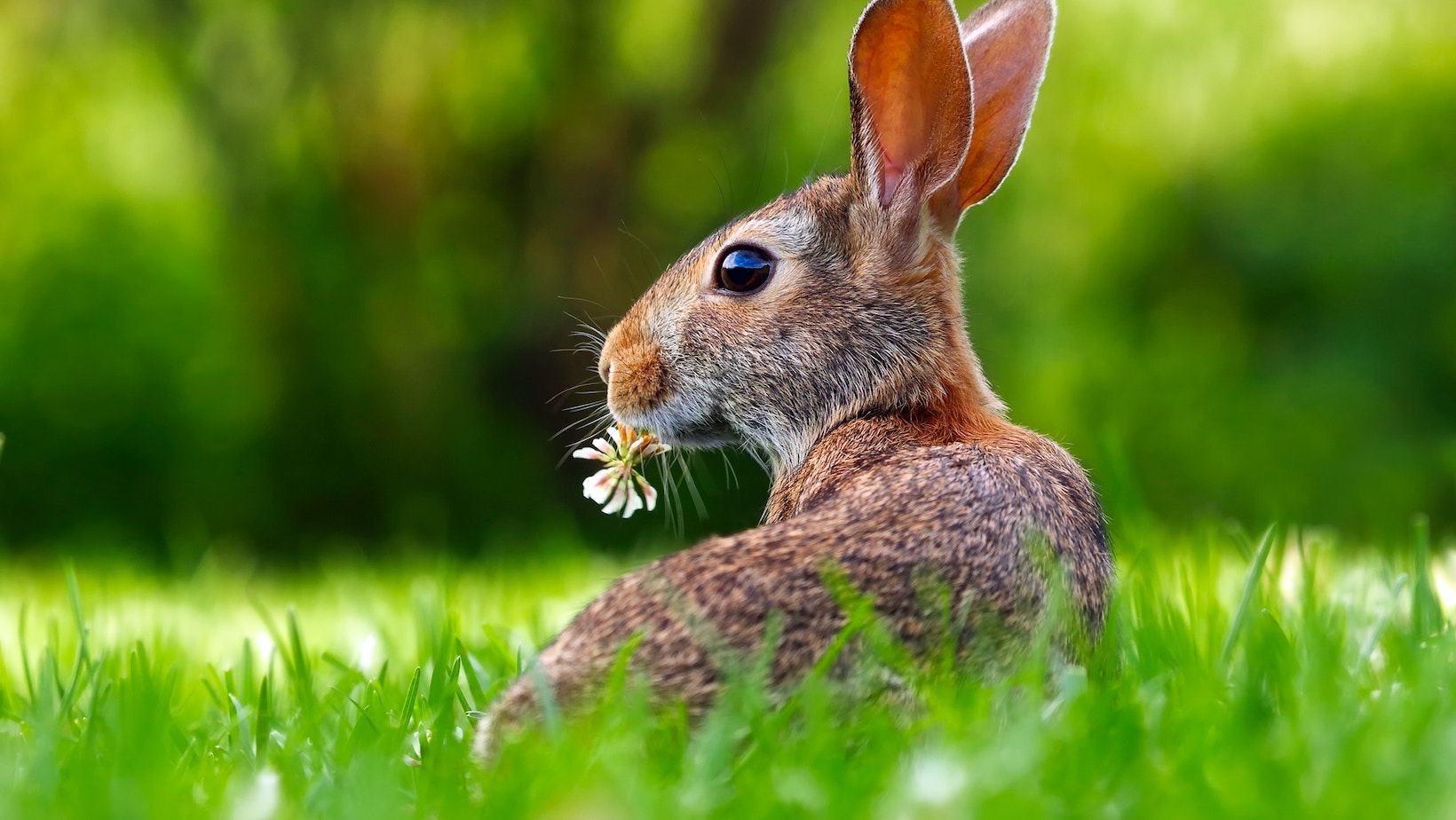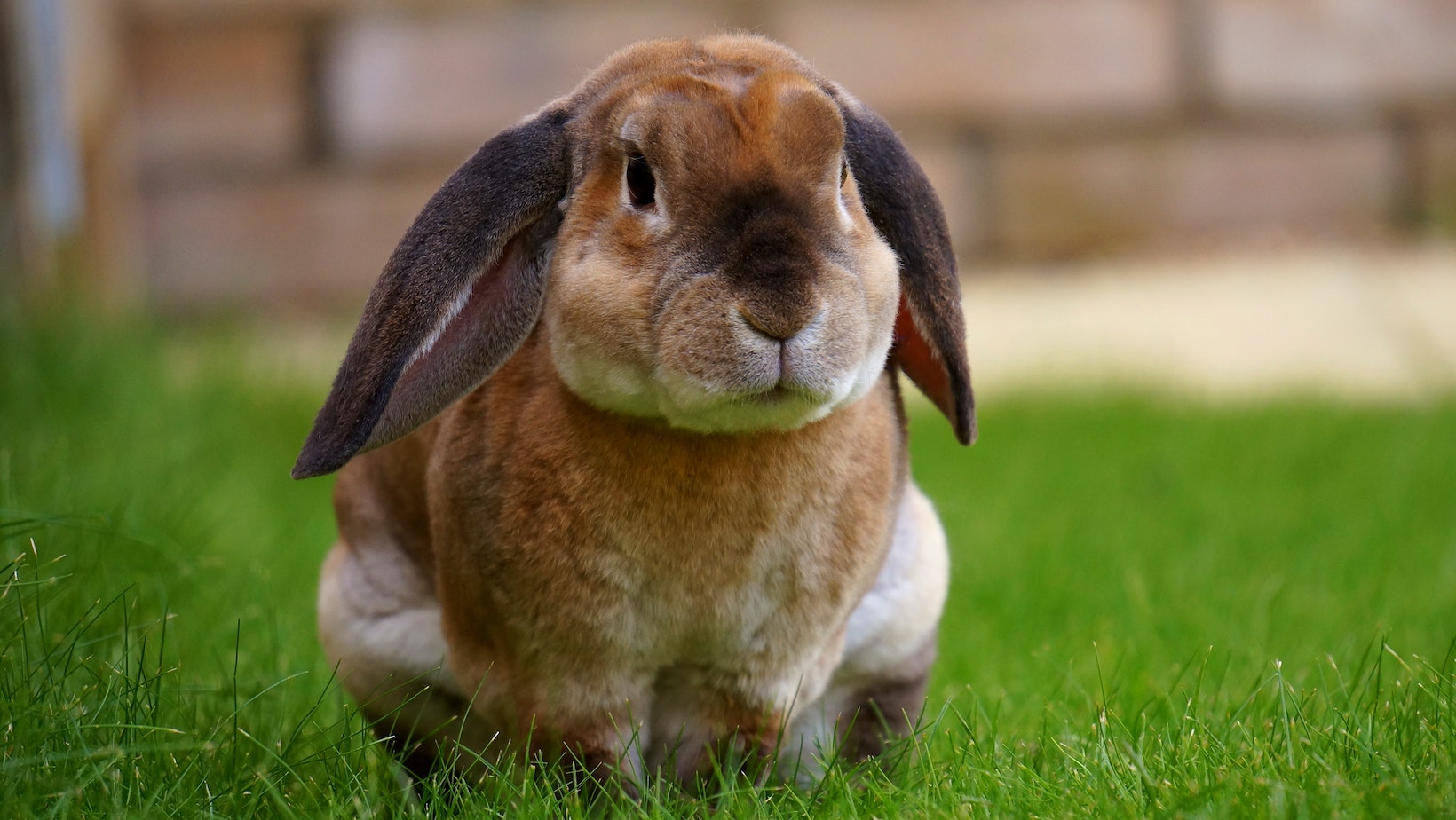
What Does It Mean When You See a Bunny at Night
Ever wondered what it could possibly mean when you spot a bunny at night? I’m here to tackle that mystery for you. Seeing a bunny in the nocturnal hours might seem unusual, but there’s more to this peculiar occurrence than meets the eye.
In many cultures, bunnies are seen as symbolic creatures with different interpretations attached to them. Spotting one at night can be linked to these cultural beliefs and superstitions about bunnies which often hold significant meanings.
Let me break it down for you: The bunny is generally associated with abundance, comfort, and vulnerability. It’s considered a symbol of fertility due to its high reproduction rate. In some societies, seeing a bunny at night is thought to bring good luck or signify an impending positive change. However, on the flip side, others see it as an omen of some upcoming misfortune.
So if you’ve caught sight of a cute little rabbit during your nighttime stroll or out your window after sundown, don’t be too quick to dismiss it as mere coincidence – there may be more behind this encounter than simple chance!

Understanding Bunny Behavior
Ever caught sight of a bunny hopping around your backyard in the late-night hours? Let’s unravel the mystery behind this intriguing behavior. Bunnies, or rabbits as they’re scientifically known, have certain habits that can seem perplexing to us humans.
Firstly, it’s important to note that bunnies are crepuscular. Fancy word, right? It simply means these furry creatures are most active during twilight—that’s dawn and dusk for you and me. So if you’re seeing a bunny at night, it’s probably extending its usual dusk activity period.
Now let’s talk about why these animals prefer this time of day. Predators! Yup, survival is key in the wild kingdom and sticking to dawn and dusk helps bunnies avoid those who’d make them dinner. Fewer predators are out hunting at these times which makes it safer for our hopping friends.
Another reason for their night-time escapades lies in their diet. Rabbits primarily feed on grasses and other vegetation—foods rich in cellulose but tough to digest. They tackle this problem with a process called ‘caecotrophy’. It involves eating special droppings produced overnight, which provide necessary nutrients missed during the daytime feasting.
In conclusion (without the comma!), understanding bunny behavior is about realizing how they’ve adapted to survive and thrive:
- Crepuscular lifestyle: Active mainly at dawn and dusk
- Predator avoidance: Staying safe from nocturnal hunters
- Dietary needs: Consuming nutritionally-rich droppings produced overnight
So next time you spot a bunny under moonlight, remember—you’re getting a glimpse into an amazing world of adaptation and survival!





